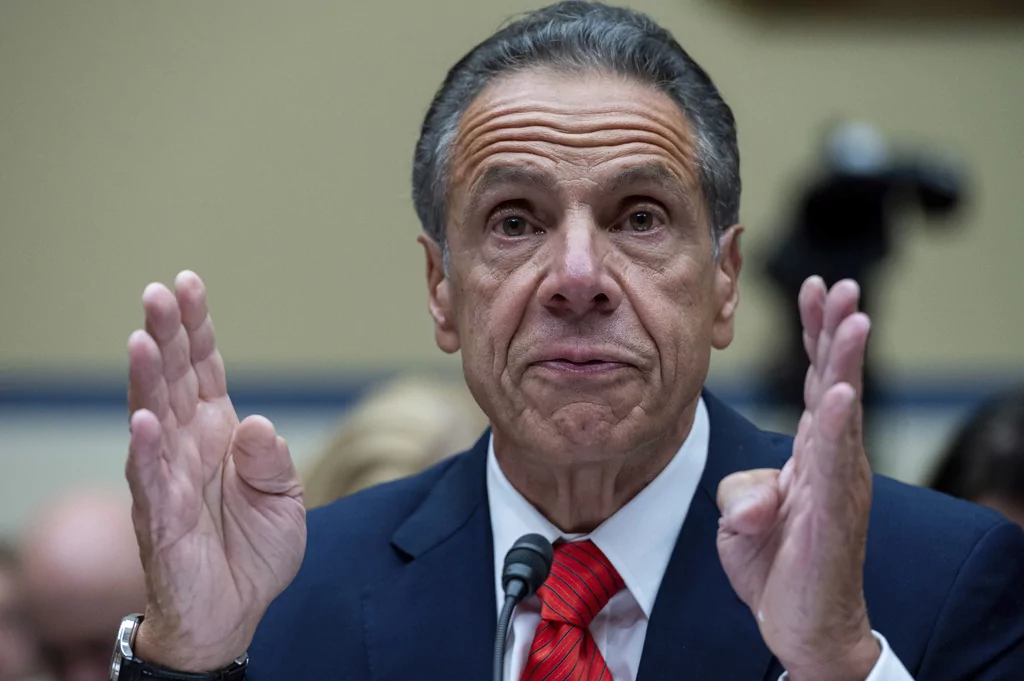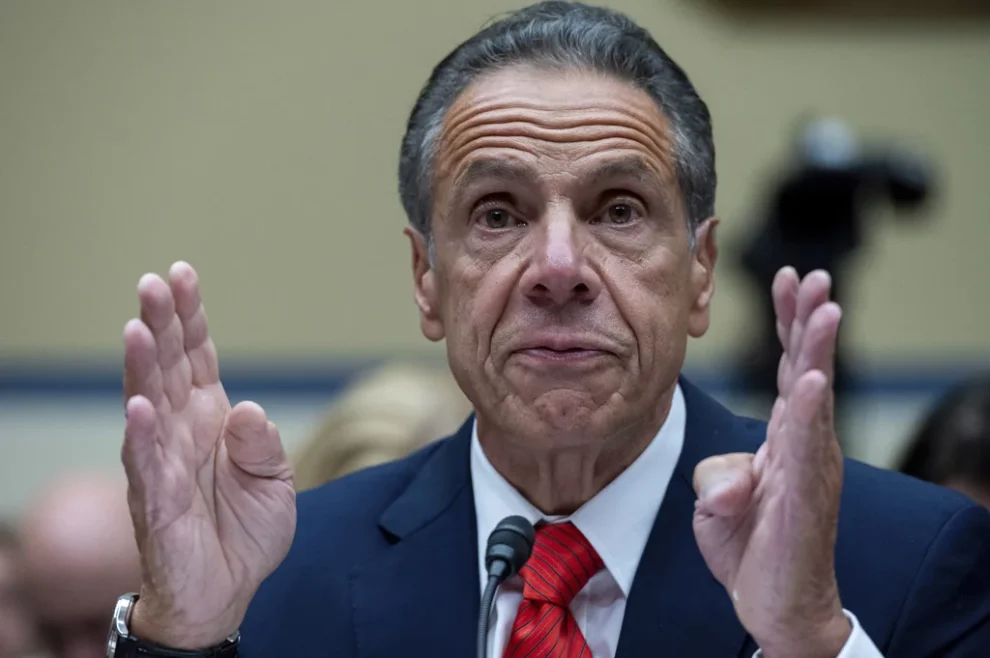A host of unions and left-leaning interest groups denounced a proposal pitched by New York City Mayor Eric Adams’ Charter Revision Commission that would bring open primaries to the Big Apple.
On Sunday, 13 unions and 29 advocacy groups sent a letter to the New York City Charter Revision Commission urging it to reject the “unsound” proposal for a “jungle” primary.
“One prominent political journalist who is in favor of the [commission’s] preliminary report perhaps gives away the game,” the letter reads. “Jungle primaries, he writes, will reduce what he calls the ‘outsized influence of public-sector unions, interest groups and others who control large voting blocs.’”
“In other words, this proposal is less about increasing voter turnout and more about reducing the power of civic organizations – and that includes trade unions – in public life,” the letter, first reported by Politico, continues. “It is undeniable that union members play a big role in Democratic Party primaries. We think that’s a fine thing, and the Commission may think that that’s a bad thing. But that’s a debate we can and should have.”
Proponents of the open primary system say the current election process is “paid for with public dollars, yet taxpayers who choose not to affiliate are denied a say,” arguing that it keeps millions of New Yorkers from participating, “not because they’re unregistered but because they haven’t joined a political party.”
The debate started in April, when Adams’s commission announced it was considering opening the city’s closed primary system so all voters could participate in an effort to boost poor turnout.
If implemented, the open primary system would not change the ranked choice voting system used to select candidates during primaries and special elections in the Big Apple.
The ranked choice voting system is set to play an integral role in selecting the primary winner in the city’s Democratic mayoral elections scheduled for Tuesday.
New York City switched to ranked-choice voting for primary and special elections in 2019, a change that was approved by voters by a 3-to-1 margin. The system allows voters to select up to five candidates in order of preference, meaning that even if a voter’s first choice is eliminated in the first round of calculations, one of their other picks could emerge as the eventual overall winner.
In the event that no candidate reaches 50% of first-choice votes in the first round of votes, the candidate with the fewest votes is eliminated. Voters’ second-choice, third, fourth, and fifth picks are then all counted up in subsequent rounds of voting. Rounds continue until the last two candidates remain, when whoever holds the most votes wins the election.
Critics say this process often prevents the person who originally gets the most votes from winning because the various rounds of voting could reduce their leads. They argue that people could also default to backing the candidate with the highest name recognition during multiple rounds of voting.
Proponents of ranked choice voting say the system produces the most popular candidate as it stipulates the winner must reach a 50% threshold of voter support. The system incentivizes broader voter participation, stimulates more competitive elections, and spurs the selection of the most competent candidate, they say.
Early voting in the Democratic primary for mayor has already begun ahead of the election Tuesday, which features 11 candidates, with former Gov. Andrew Cuomo, state Assemblyman Zohran Mamdani, and city Comptroller Brad Lander being considered the top contenders.
In the months leading up to the primary election, polls have put Cuomo as the frontrunner, although indicating his lead over Mamdani has shrunk in recent weeks, making it likely that the former governor would not clinch the 50% support necessary during the first round of voting to clinch an immediate victory. Still, a recent Marist poll saw Mamdani lose to Cuomo in the seventh round of ranked choice voting, 55% to 45%.

ADAMS EXPECTS GENERAL ELECTION CHALLENGES FROM CUOMO, MAMDANI DESPITE PRIMARY
However, on Monday, Mamdani received a significant boost in the final poll released before the Tuesday election. The Emerson College Polling/Pix 11/The Hill survey found Mamdani winning the election against Cuomo in the eighth round of voting, 51.8% to 48.2%.
Adams, a Democrat, has been a vocal critic of New York City’s primary system. He announced earlier this year plans to run on an independent line during the city’s general election.
























